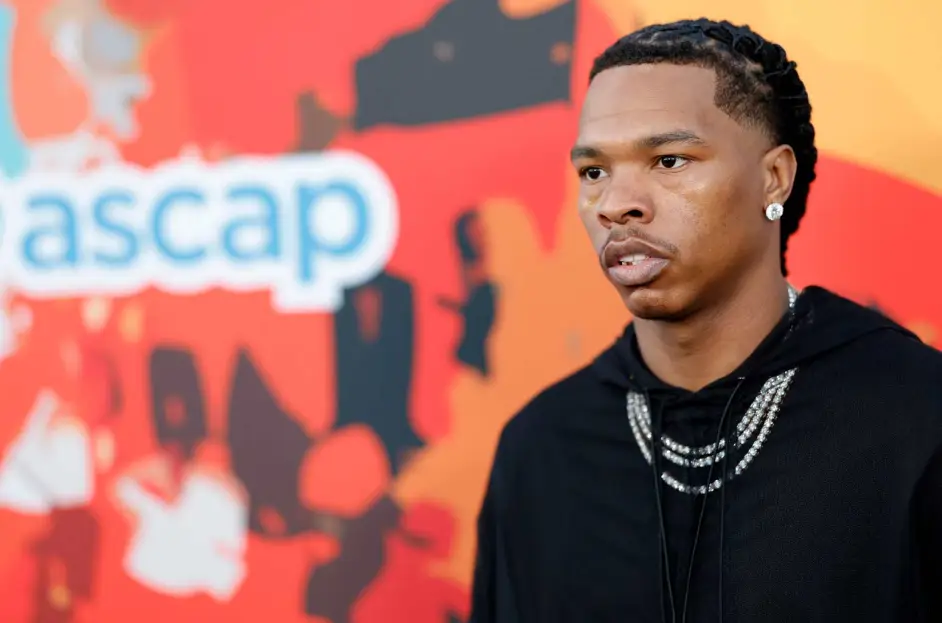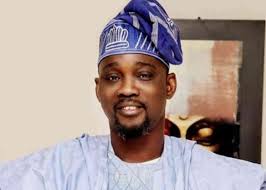Rapper Lil Baby has strongly refuted claims that one of his music videos played a role in the tragic deaths of two teenagers in Atlanta, Georgia.
The accusations surfaced after city detectives linked a gang-related shootout to the filming of a video in what they described as a rival gang’s territory. The victims, Jakody Davis and Lamon Freeman, were innocent bystanders caught in the crossfire at a birthday party last summer.
While the police did not mention Lil Baby by name, their references to a “cowardly rapper” allegedly igniting gang tensions led many to assume they were implicating him. The rapper, whose real name is Dominique Armani Jones, has now responded through his legal team, dismissing the allegations as “complete nonsense.”
The police statement, which sparked widespread debate, came from Major Ralph Woolfolk, who expressed deep frustration over the growing influence of gang-related crime in the city. “The overall theme of this case is grown men playing gangster that left two of our children in graves and our communities in fear,” Woolfolk stated firmly.
He went on to highlight the heartbreaking brevity of one victim’s life, saying, “Lamon Freeman was allowed to be a teenager for 27 minutes before gang violence ultimately took his life, gang violence that was orchestrated by adults and cowardly acts of an Atlanta-based rapper.”
These remarks fueled speculation that authorities were holding Lil Baby responsible for the tragic events that unfolded.
Woolfolk further alleged that the rapper had knowingly entered a dangerous area to film a music video, despite being aware of the risks involved. “He decided to go over into a rival gang stronghold and shoot a music video in a place that he knew he should not have been,” he said.
According to the detective, this reckless act was followed by a chain reaction of retaliatory violence, culminating in multiple shootings and, ultimately, the deaths of the two teenagers. “In the subsequent days, we saw homicides and shootings and ultimately the deaths of two children as a result of his cowardly actions,” Woolfolk added.
His statement painted a grim picture of how seemingly unrelated artistic ventures could allegedly fuel real-life street violence.
However, Lil Baby and his legal team have categorically denied these claims, calling them both “unprofessional” and “shameful.” In a statement released via his lawyers, the rapper asserted that he had “absolutely no involvement” in the incident and condemned law enforcement for attempting to drag his name into a situation he had no connection to.
“It is disgraceful for an officer to say that he couldn’t shoot a music video in his home town,” the statement read. The rapper’s team emphasized that decisions regarding video shoot locations were made by an entire production team, not by a single artist. The implication that he personally orchestrated events leading to violence, they argued, was not only false but also damaging to his reputation.
The controversy surrounding Lil Baby has only been amplified by previous reports of violence at music video shoots in Atlanta.
In the months leading up to the tragic shooting, law enforcement had responded to a separate incident in which multiple people were shot during a video production. While no one was killed, three men in their twenties suffered injuries in an attack that occurred in the northwest part of the city on May 14.
That incident, widely believed to have taken place during the filming of one of Lil Baby’s videos, further fueled speculation about the alleged connection between music productions and gang violence in the area. However, no formal links were established, and Lil Baby was not charged in relation to that event.
Despite not explicitly naming the rapper, Woolfolk’s pointed comments made it clear that authorities were directing their accusations at a well-known figure. “The attack which killed Lamon and Jakody was a hit called by a high-ranking gang member on the opposite side of that opposing rapper’s gang,” he said.
Without mentioning Lil Baby, he cryptically added, “You know who you are,” a remark that his legal team immediately dismissed as an “obvious reference” that lacked any factual basis. Calling the statement a “complete and total nonsense,” his lawyers strongly criticized the police for irresponsibly tying Lil Baby’s name to a crime without concrete evidence.
The rapper’s team further expressed how deeply affected he was by the tragedy, particularly because the victims came from the same community where he grew up. “Dominique is devastated about the situation because those children came from the same neighborhood he did,” the statement continued.
They emphasized that he remained committed to uplifting his community, a message that has been central to his career and public image. Over the years, Lil Baby has been vocal about his efforts to give back to Atlanta, supporting youth initiatives and advocating for social change. His team insisted that he would continue to do so, despite the negative publicity surrounding the recent accusations.
Lil Baby, who won a Grammy in 2022 for Best Melodic Rap Performance for his feature on Kanye West’s Hurricane alongside The Weeknd, remains one of the most influential figures in contemporary hip-hop. His recent collaboration with UK rapper Central Cee, Band4Band, has dominated the charts and received nominations for both a MOBO Award and a BRIT Award for Song of the Year.
While the controversy surrounding the tragic shooting has cast a shadow over his recent success, neither Lil Baby nor his team appear willing to let the accusations go unchallenged. As the debate continues to unfold, both the rapper’s representatives and Atlanta police have been contacted for further comment, leaving fans and critics alike waiting for the next chapter in this developing story.







